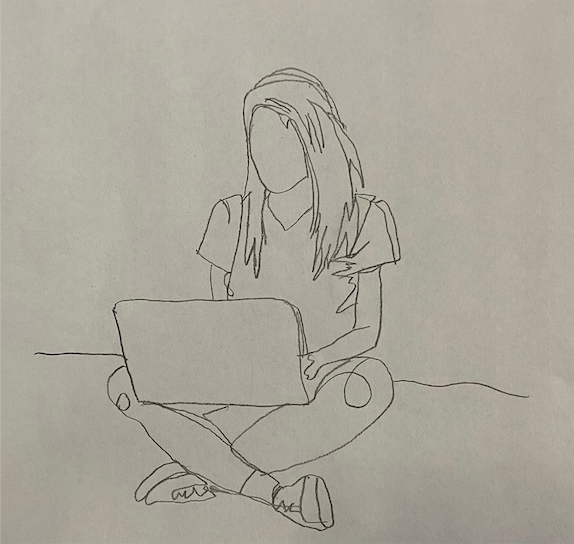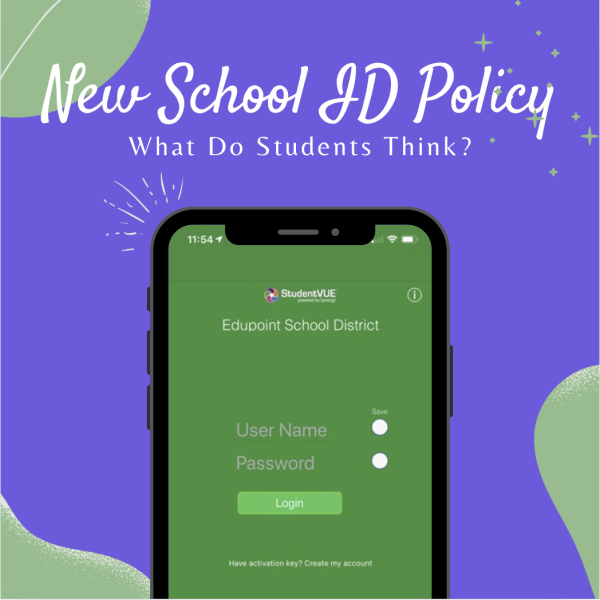Virtual learning’s biggest enemy: motivation
In a time when all learning is being executed virtually, much of the learning process, which would normally be done with live teachers, is left up to the student. Students are free to achieve their academic goals through self-paced learning. However, that begs the question, just how motivated are students to get their assignments done on time if nobody is there monitoring them? Virtual schooling certainly has its share of challenges and benefits, and three juniors from the school shared their thoughts and opinions on their motivation during virtual learning, providing some insight as to how each student’s incentive to do well in virtual school varies.
Junior Yanson Kou said his motivation this year is similar to that of years past because he had always sought to do well enough of his assignments to appease his parents.
“I stay motivated enough to complete work decently based on the standards that my parents hold me to,” Kou said.
While Kou’s main focus is keeping up to his parent’s standards of what his academic standing should look like in order for them to be appeased, on the other hand, it is not the same for all students, such as Nabeeha Sabir, another junior who strives for academic excellence rather than parental approval.
“My grades are what keeps me motivated since I’m older now and take three challenging classes,” Sabir said. “I strive for all A’s.”
Despite differences in motivation, Kou and Sabir do have one thing in common: what they use to keep themselves on track. Both use their agenda or bullet journal, where they write everything down that is assigned to them, among other tricks.
Procrastination seems to be a recurring theme among students, especially during virtual learning. Students use different tricks to help them battle procrastination.
“I am a part of a Discord channel with a bunch of other students which allows us to collaborate and help each other with assignments,” Kou said.
The Discord channel allows him and his peers to connect and encourage each other to complete work faster. Sabir takes steps within her home to avoid distractions.
“I always make sure that I’m always at my desk when doing work, which is why the desk always has to be clean,” Sabir said. “I listen to music to help me stay focused, and I have siblings so I just make sure to keep my door closed.”
Her distractions are what activates her procrastination, so in order to avoid that, she blocks out all sources of distractions to make sure she is focusing on her work. Distractions are among the many factors that deteriorate a student’s focus on learning and make it difficult for them to attain the information. Therefore it is often essential to find a quiet place to work.
Due to the lack of face-to-face interaction, teachers are not able to pick up facial cues from students that tell them if they are disengaged, confused, or frustrated. This allows students to hide behind a screen and often do whatever they feel like because they know that nobody can see if they are paying attention or just slacking off during class. Technology, including cell phones, is often utilized instead of paying attention.
“Just being connected to the internet is a distraction itself,” Kou said.
With no one there to monitor virtual learning, a key principle to making sure that students are actually attaining that information is to ensure they are actively paying attention.
“Even my room itself is a distraction because I have these pictures and all these other trinkets that are right next to me,” Sabir said.
Junior Luz Argenta works a part-time job at Harris Teeter while attending a virtual school. She makes sure to balance her time at work with schoolwork to make sure that she’s not falling behind.
“I try not to work at Harris Teeter during the week, and that might require me sometimes to work through my lunch break during the week and just get all my homework done before the weekend,” Argenta said.
When it comes to virtual learning, Argenta said, “virtual learning is not very engaging, I just feel like most of the time I do assignments just to get them done and not have late work.”
Her incentive for getting her work done is making sure that she completes the assignments before the deadline hits so that her grade will not fall. There are many high school students just like Argenta who take on part-time jobs while enrolled in school and sometimes it does come with its own set of dilemmas.
All three of these students are juniors, but yet all of their reasons for what motivates them to do well in virtual learning are unique. Since this is a different approach to learning, everybody is trying their best to make sure that the students receive proper education during a pandemic. Virtual learning certainly has the flaws that come along with it, along with it, however, students are working to adjust and stay motivated.“Online school is easily accessible and you can get it all done pretty quickly if you don’t procrastinate,” Sabir said.











